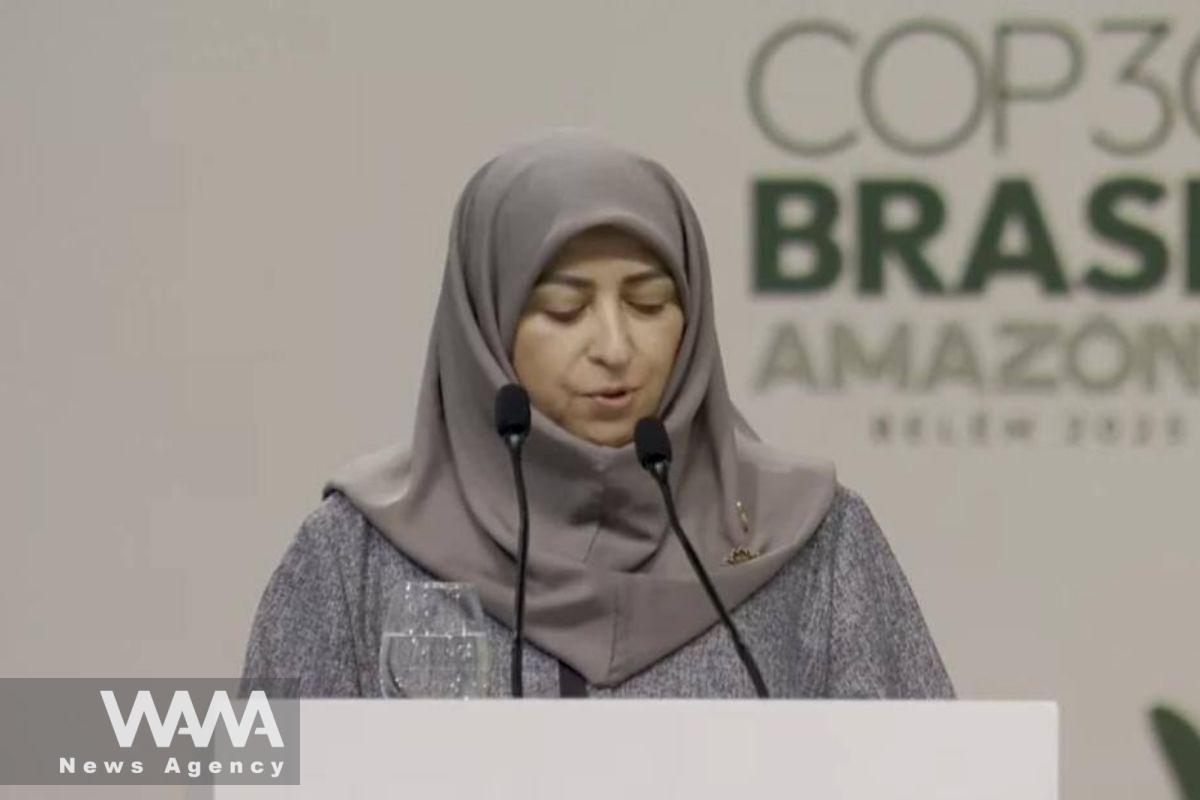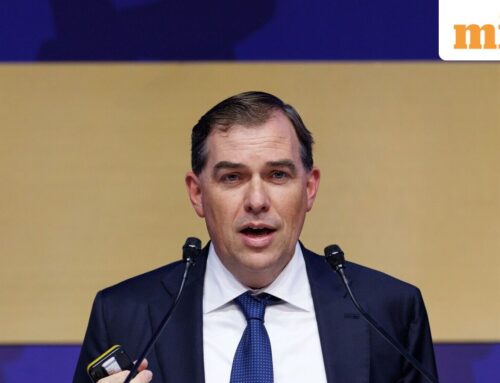Iran Reaffirms Climate Commitment at UN COP30 in Brazil
November 8, 2025
WANA (Nov 08) – At the 30th United Nations Climate Change Conference (COP30) held in Belém, Brazil, Iran’s Vice President and Head of the Department of Environment, Shina Ansari, underscored the need for collective and equitable global action to confront the climate crisis, emphasizing that Iran remains committed to its climate pledges despite sanctions and restrictions.
In her address, Ansari thanked the Brazilian government and people for hosting the summit, calling it “a valuable opportunity for countries to adopt realistic and fair decisions to tackle environmental challenges.”
She highlighted the obligations of UNFCCC member states to reduce greenhouse gas emissions and transition toward renewable energy sources, noting that despite unilateral sanctions hindering access to technology, finance, and foreign investment, Iran has made significant progress in clean energy development and pollution reduction.
“Over the past year, Iran’s solar energy capacity increased by 75%, wind power generation expanded, and the peaceful nuclear energy development program was strengthened,” Ansari said. “By managing gas flaring at oil and gas fields, greenhouse gas emissions have been reduced by more than 10 billion cubic meters, with an additional 12 billion cubic meters targeted for reduction over the next four years.”
She cited ongoing fuel transition and energy efficiency projects as evidence of Iran’s firm environmental commitment, adding that despite prolonged droughts, a 1.8°C rise in average national temperature, and a 50mm decline in rainfall over the past five decades, the country remains determined to pursue sustainability and fulfill its obligations.

Iran’s Vice President and Head of the Department of Environment, Shina Ansari. Social media/ WANA News Agency
Ansari also condemned the recent military attacks by the United States and Israel against the Islamic Republic of Iran, describing them as “illegal acts and war crimes” that caused extensive environmental damage. She noted that these attacks released over 50,000 tons of greenhouse gases in Tehran and that strikes on Iran’s peaceful nuclear facilities “could have triggered one of the world’s worst environmental disasters.”
She further denounced what she called environmental and humanitarian crimes by the Israeli regime in Gaza, saying the destruction of civilian infrastructure and loss of life have caused “deep environmental devastation.”
Concluding her remarks, Ansari emphasized the importance of international cooperation in addressing climate change: “Iran is ready to share its indigenous knowledge and experience with other countries and to engage constructively with the global community in achieving common environmental goals. We are heirs to one planet and one destiny; we must act with justice and respect to leave a sustainable legacy for future generations.”
The UN Climate Change Conference (COP30) is taking place from November 10–21, 2025 in Belém, Brazil — the first time the summit is being held in the Amazon region.
The conference focuses on sustainable development, environmental protection, and combating climate change, with participation from high-level delegations worldwide. Iran’s presence, officials said, is aimed at expanding bilateral and multilateral cooperation, technology exchange, and access to international climate finance mechanisms.
Search
RECENT PRESS RELEASES
Related Post




